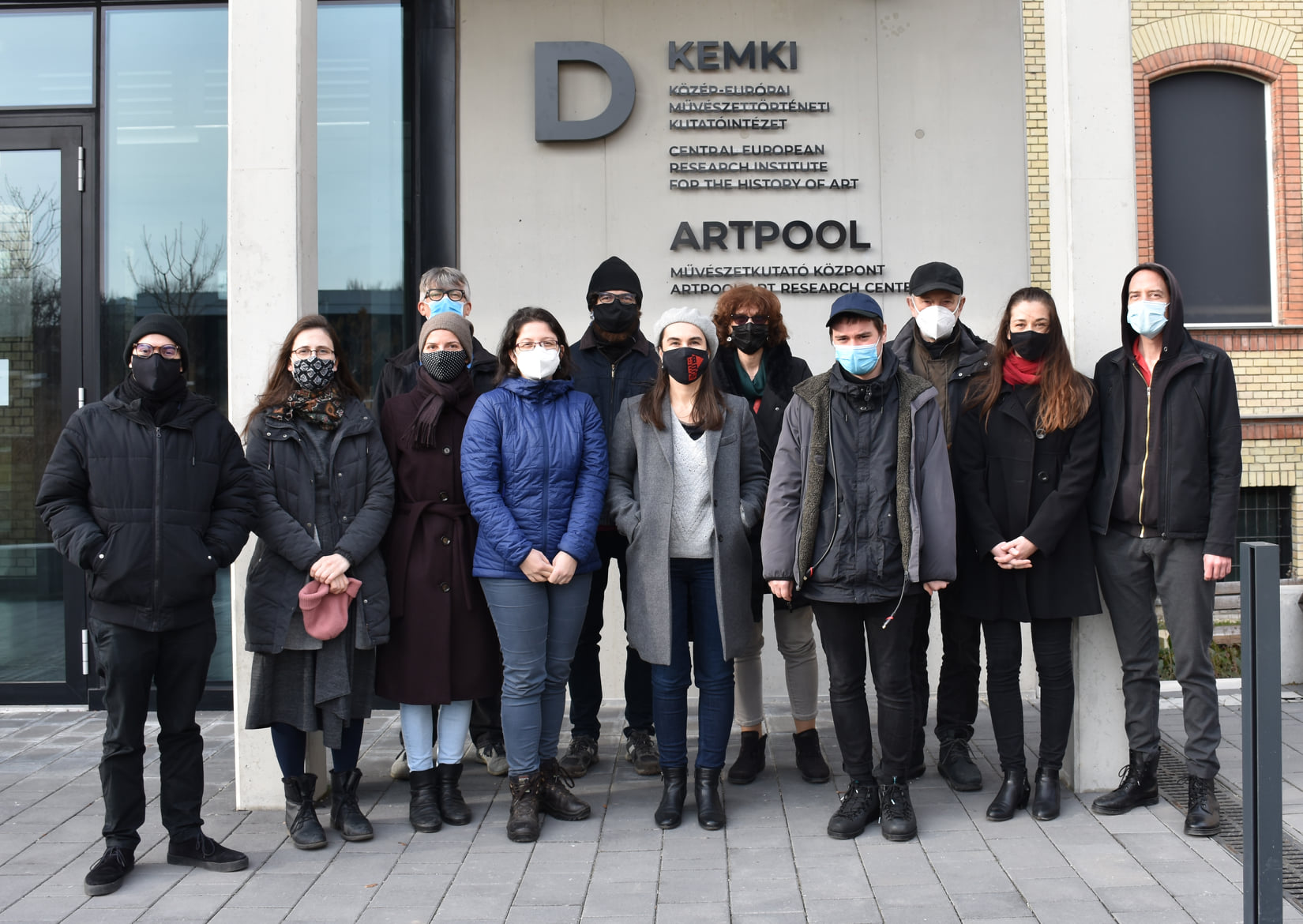Artpool has started a new chapter. After functioning illegally for 10 years, and as an NGO for 25 years, and following its integration to the Museum of Fine Arts, Budapest in 2015, and its relocation in 2020 to the Central European Research Institute for Art History (KEMKI), a long-planned generational renewal of Artpool has also taken place. In January 2021 Júlia Klaniczay handed over the role and duties of director role and duties to art historian Emese Kürti.
The founders of Artpool—György Galántai and Júlia Klaniczay—will continue in the future to play an active role in Artpool’s life and will assist its activities with their expertise.
Emese Kürti, art historian and researcher, has worked for Artpool since 2018. She worked in the Ludwig Museum – Museum of Contemporary Art (2009–2015), after which she was the founder and head of the private research institution acb Research Lab (2015–2018), and a visiting professor at Central European University (2019). In 2013 she received the best art critic prize from the Hungarian Section of AICA. Her dissertation, which was published in 2018 in Hungarian, suggests a new interpretation of the emerging neo-avant-garde practices based on experimental music in Hungary. She is the author of several essays on neo-avant-garde art interpreted in a transregional context, as well as the book Screaming Hole: Poetry, Sound, and Action as Intermedia Practice in the Work of Katalin Ladik (2017).
Since 2021, in addition to being the head of Artpool, Emese Kürti has also served as the deputy research director of the Central European Research Institute (KEMKI), which houses Artpool. The director of the new research institute is art historian Dávid Fehér.
In the future, Artpool’s program will continue to follow György Galántai’s Active Archive concept, but we also wish to fill it with new, contemporary interpretations. Founded in 1979 by György Galántai and Júlia Klaniczay, Artpool has always been an active archive based on initiatives, exchange of works, ideas, and documents as well as the network of correspondence art. Artpool will carry on surveying, processing, researching, and preserving the documents of experimental art (Fluxus, mail art, artist books, visual and sound poetry, performance, etc.) and make them available for researchers. New publications, exhibitions, conferences, projects, events, and international collaborations will organically build on Artpool’s unique network and achievements of the past 40 years. Artpool’s ambition for the future is to extend this network in further directions, participate in and initiate current critical discourses of regional as well as international relevance.

Dávid Fehér, Klaudia Varga, György Cséka, Gabriella Schuller, Dóra Halasi, Viktor Kotun, Emese Kürti, Júlia Klaniczay, Dániel Varga, György Galántai, Zsuzsa László, Márton Kristóf